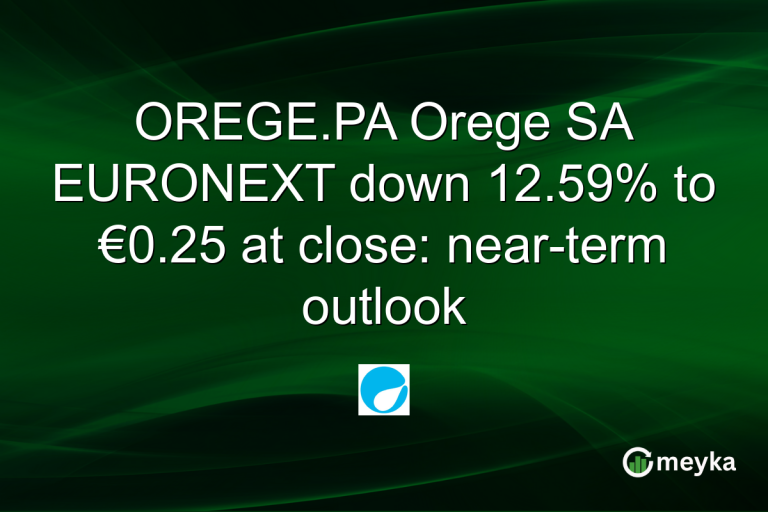Geopolitical Implications of the South Atlantic Anomaly’s Expansion
The South Atlantic Anomaly (SAA) is a peculiar disturbance in Earth’s magnetic field causing increasing concern. As it rapidly expands, industries that rely heavily on satellite technology, such as telecommunications and defense, are facing significant challenges. The SAA causes geomagnetic changes that affect satellite operations, raising concerns over potential disruptions in global navigation and communication systems. Understanding the geopolitical implications of this anomaly is crucial for evaluating risks and strategies in a technology-dependent world.
Continue Reading on Meyka
This article is available in full on our main platform. Get access to complete analysis, stock insights, and more.
Read Full Article →





